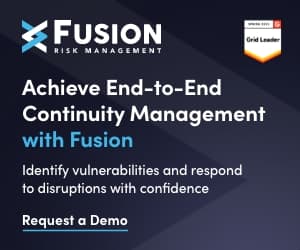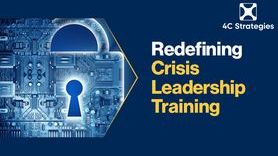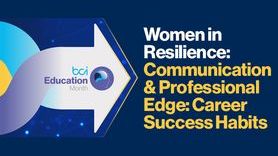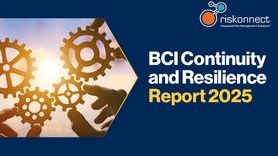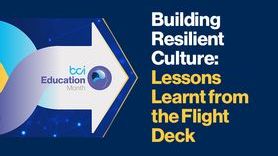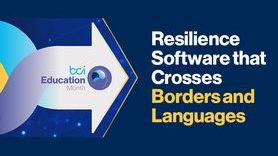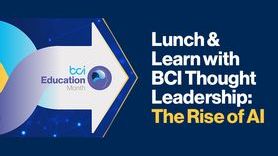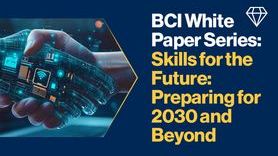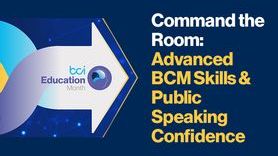Mentoring interview profile: Dionne Procter
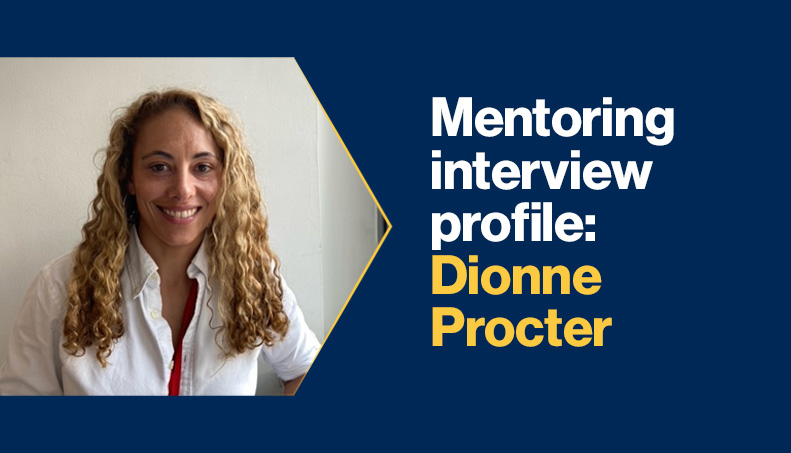
The mentoring relationship is a key element in many professionals’ career development as it enables personalised guidance from an expert, helps develop industry-specific skills, provides the opportunity to network, and offers valuable tips for career progression.
In this series of articles, we take a look at a few stand-out examples of those who have used BCI Mentoring.
Dionne Procter is a Business Continuity Officer for the London Fire Brigade. Dionne entered the sector from a programme manager role after being asked to help out in the business continuity department during the COVID pandemic.
“I thought I really enjoyed my role in project management, but when I started to learn more about business continuity, I quickly learned that I had found my calling. After realising this, I wanted to learn more and more. Therefore, I got in touch with Russ Parramore, who was chair of the National Fire Chiefs Council (NFCC) business continuity group at the time.”
Offering guidance
Dionne explains that, being new in the field, she felt that she needed guidance from a subject-matter expert and she “couldn’t have found a better mentor.”
Dionne highlights some of the initial barriers that were encountered at the start of her journey in business continuity, saying that “it was like learning a new language at first and, especially being dyslexic, it was hard to grasp.”
During their first few meetings, Russ shared advice on the importance of networking with other business continuity professionals before going through the BCI’s Good Practice Guidelines (GPG) together to maximise understanding.
“I also started to rewrite a business continuity plan at this time, so it was perfect to have a mentor to guide me through this process, especially with Russ’ expertise, knowledge, and understanding of this subject.”
As a result, Dionne’s plans became shorter and clearer, more concise, easy to understand and use.
Achieving goals
Dionne explains that, as a visual learner, the mentoring sessions helped by allowing them to go through each section of the GPG at her own pace and style, in addition to exploring examples of situations and scenarios.
“[The mentoring sessions] gave me the confidence that I needed to continue doing my role, knowing that I’m on the right path. Even if I felt that I wasn’t on the right path, I knew I could ask Russ as many questions as I felt I needed. Having that guidance was important not just for me but for my service area to confirm my understanding.”
What would you say to colleagues thinking about being mentored or mentoring others?
“Go for it. It doesn’t matter how old you are, if you want to be the best you can be, then I fully recommend finding a mentor. You can’t buy someone else’s knowledge, experiences, and expertise. So you’re gaining valuable knowledge you wouldn’t necessary get anywhere else – it’s a win-win,” concludes Dionne.
And what does Russ have to say about his experience mentoring Dionne?
Russ explained that Dionne is very conscientious and always wants to do her best. Her dyslexia does cause some problems with understanding, but they work together to overcome this
“Dionne’s dyslexia makes it very difficult for her to understand the written word and she has to imagine situations in order to understand what sentences actually mean. This has brought a particular challenge to her studying for the CBCI. Despite this, she has worked hard to understand the GPG.”
Russ goes on to clarify the unfortunate timing of the new GPG 7.0 publication before she had the chance to take the CBCI, but that he has “every confidence that she will achieve the CBCI very soon” and is updating her knowledge accordingly.
Russ further comments that the relationship has not only helped to support her CBCI application, but also within her day-to-day role as a practitioner.
“I have been able to mentor Dionne as she embarked on re-writing her employer’s BC plan, creating BIA templates and plan templates in order to align more closely with ISO22301,” Russ says, “at times she felt as though she was travelling up hill, but our mentoring sessions have helped her to understand how to achieve the outcomes which she has aimed for.”
Russ is keen to point out that Dionne has been a “model mentee” from his perspective, and is “always willing to ask questions and discuss issues which are causing her concern”. Furthermore, as is so often seen during mentoring relationships, Russ finishes by saying that Dionne “has also become a valuable contact and a good friend”.
The BCI offers mentoring as a value-added benefit for BCI Certified and Non-Certified Members to support their professional development and career advancement. Click here if you would like to find out more about the BCI Mentoring.

